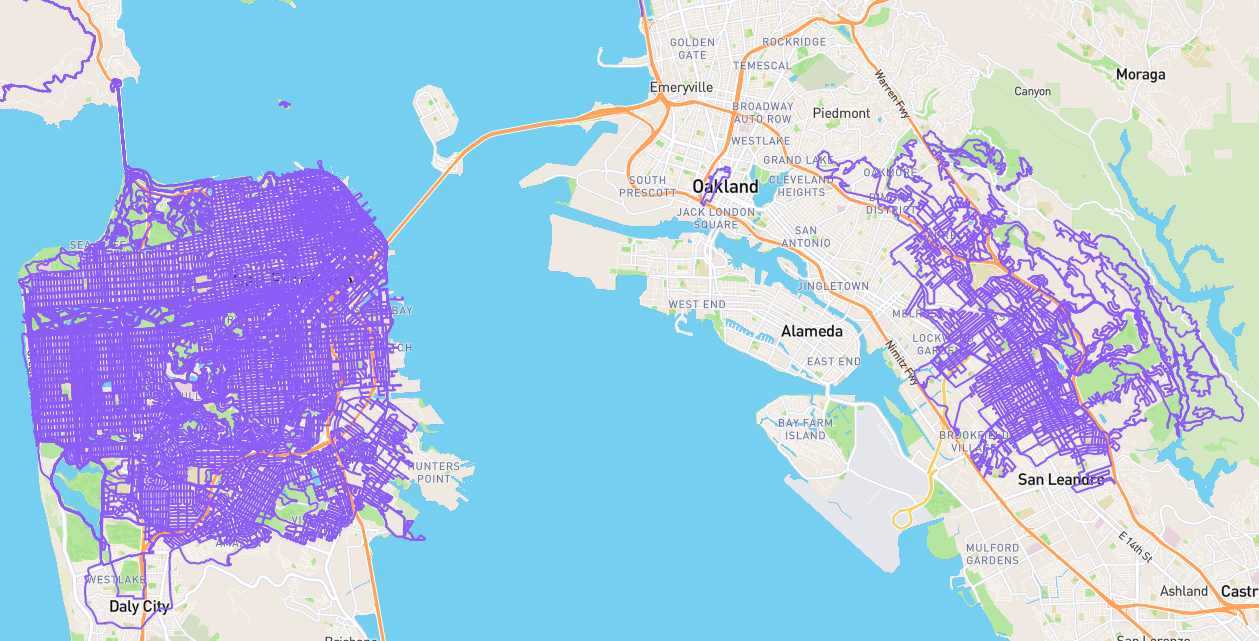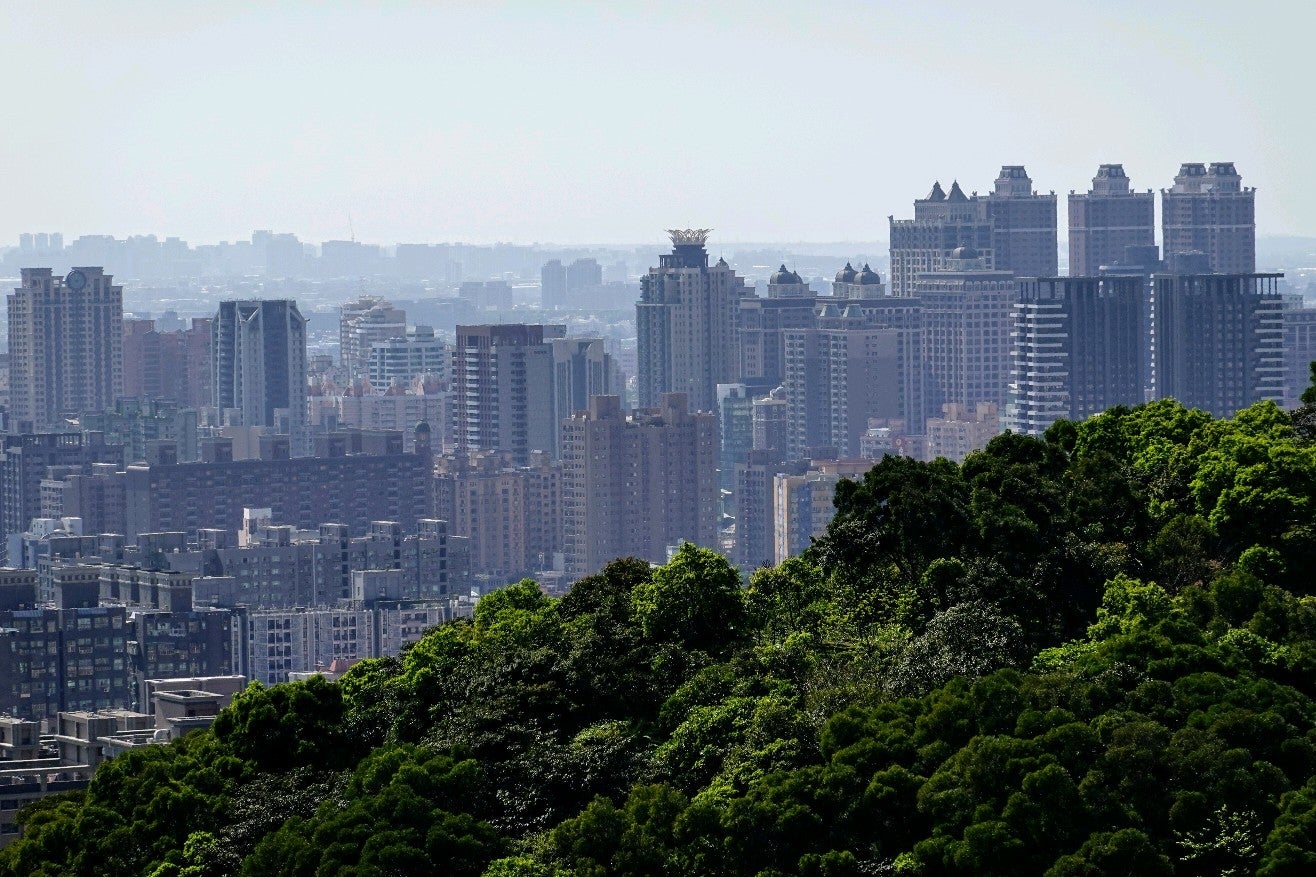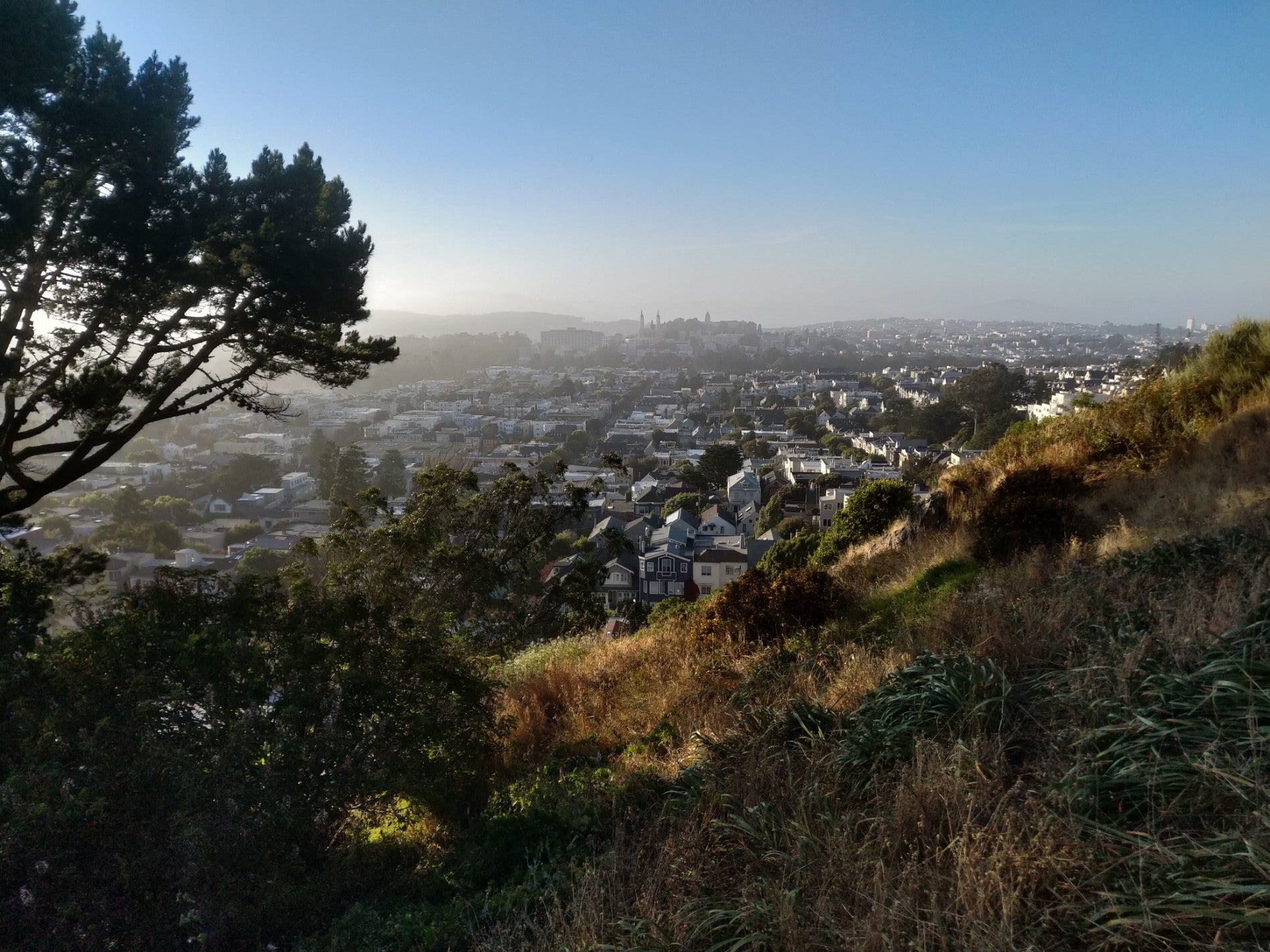Frankness on Fukushima, five years later
I’ve always been perplexed by the small amount of media coverage about the Japanese nuclear disaster at Fukushima after the 2011 earthquake. I guess after years of consistent incidents and higher radiation recordings than ever before, it ceases to qualify as “news”, but the repercussions seem far reaching and severe enough to warrant more world involvement.
In the weeks immediately after the earthquake, I read many stories about new breaches and spills of radioactive waste into the ocean, and there was little confidence inspiring information from Tokyo Electric Power Co. I kept expecting a huge worldwide effort to fix the situation, but it didn’t happen as far as I know. I just kept reading about TEPCO’s failures and half fixes. It made me think my news reading might have suffered a severe selection bias, and the situation wasn’t as bad as I perceived.
After a few years, I ended up moving to Japan, unrelated to the nuclear incident, I think. (It was at that time I learned the Chinese characters for Fukushima, 福島, literally mean “luck island”. I mentioned this to someone at work, but apparently nobody thinks of place names in terms of literal meanings anyway.) Though I wasn’t as immersed as I should have been, I still got the sense the disaster wasn’t something people talked about. I figured it might be due to fear, helplessness, ignorance due to information control by the government, or perhaps even shame.
Thanks to a story in the Telegraph (PDF) today, I now know it was known even then to be a disaster of the scale I imagined. The former prime minister, Naoto Kan, talked about how he nearly evacuated the Tokyo area’s 50 million people, about 40 percent of the entire country’s population. He also confirmed what seemed to me to be grand incompetence at the highest levels.
Mr. Kan admitted he was frightened and said he got “no clear information” out of Tepco, the plant’s operator. He was “very shocked” by the performance of Nobuaki Terasaka, his own government’s key nuclear safety adviser. “We questioned him and he was unable to give clear responses,” he said.
“We asked him – do you know anything about nuclear issues? And he said no, I majored in economics.”
…
Total disaster was averted when seawater was pumped into the reactors, but the plant manager, Masao Yoshida, later said he considered committing hara-kiri, ritual suicide, in despair at the situation.
Kan was criticized for mishandling many aspects of the cleanup, especially regarding sharing information, but it is apparently acknowledged his ordering the “Fukushima 50” to not evacuate was vital in a “decisive moment”. All this contributed to Kan’s resignation that year. Understandably, he has become adamantly opposed to nuclear generation of electricity. But it’s been revealed the disaster was (and continues to be) due to TEPCO’s incompetence and corner cutting, and it was years in the making. I guess that is expected to an extent in any larger operation, but I hate to see one of our cleanest forms of energy be discarded on a political and emotional basis.
There was a TED video, Bill Gates on energy: Innovating to zero!, a year before the 2011 earthquake in which Gates talked about how global temperatures will continue to increase despite all our efforts until we can eliminate our carbon footprint entirely.
“That’s a big challenge. It’s very different than saying we’re a 12 foot high truck trying to get under a 10 foot bridge and we can just sort of squeeze under. This is something that has to get to zero.” — Bill Gates
Gates talked about a innovations in nuclear made possible by modern supercomputers able to do simulations that were never possible before, and how he is funding a company in this space, TerraPower.
In another video, from 2011, Gates explained differences between the generations of nuclear reactors and how much better they have gotten, though many in use are still the oldest models.
In the newest video I saw, below, TerraPower CTO John Gilleland explains how the “traveling wave reactor” they are working on can use what we currently call “depleted uranium,” (U-238) which apparently is known to exist in the United States in such quantities it could power the country for 750 years. Additionally, enrichment plants will no longer be required, removing fears of countries continuing to enrich to the point of being able to fuel bombs. He mentions the safety features “will make Fukushima impossible”.
We clearly need smart nuclear to sustain our planet and save the environment. I’m glad it is progressing, and despite Japanese technical prowess of the past, I am even more glad these solutions are being developed under Bill Gates’s guidance rather than TEPCO’s.






















